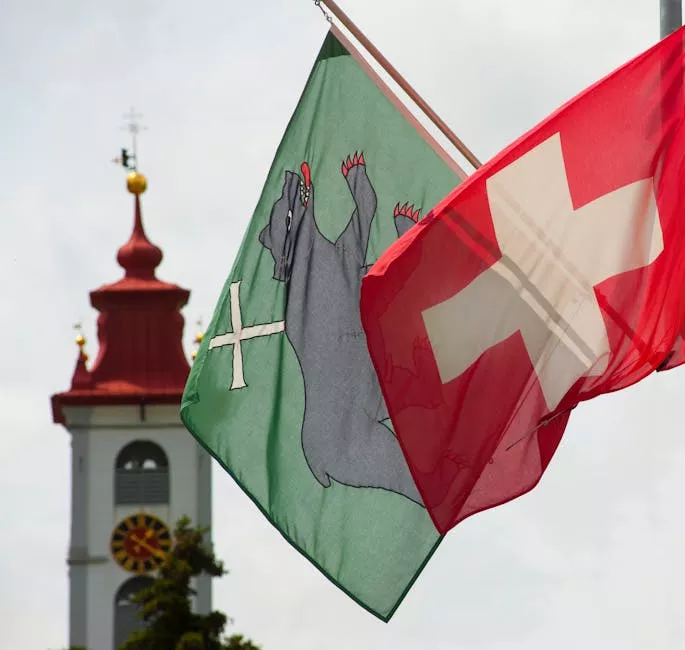Italy Approves Extradition of Ukrainian Ex-Officer in Nord Stream Case
Italy agrees to extradite former Ukrainian military officer Serhiy Kuznetsov to Germany over suspected involvement in Nord Stream pipeline sabotage.

Italy has approved the extradition of Serhiy Kuznetsov, a former Ukrainian military officer, to Germany where he will face charges of anti-constitutional sabotage in connection with the Nord Stream pipeline explosions that shocked Europe in September 2022.
The decision marks a significant development in the ongoing investigation into one of the most consequential acts of infrastructure sabotage in recent European history. Kuznetsov's extradition represents the first concrete legal action against an individual suspected of involvement in the attacks that severed critical energy links between Russia and Western Europe.
The Nord Stream Investigation Unfolds
The Nord Stream 1 and Nord Stream 2 pipelines, which carried Russian natural gas beneath the Baltic Sea to Germany, suffered multiple explosions in September 2022. The blasts occurred in international waters near Denmark and Sweden, creating a major environmental disaster and eliminating a key piece of European energy infrastructure.
German federal prosecutors have been leading the investigation, working closely with European partners to identify those responsible for what many consider an act of international terrorism. The case against Kuznetsov suggests that investigators have made substantial progress in unraveling the complex operation behind the sabotage.
Geopolitical Implications
The extradition decision places Italy in a delicate diplomatic position. As a NATO ally supporting Ukraine against Russian aggression, Italy must balance its commitment to international law enforcement with the broader geopolitical context of the ongoing conflict. The case highlights the complex web of allegiances and legal obligations that European nations must navigate during wartime.
For Germany, prosecuting Kuznetsov represents an opportunity to demonstrate that acts of sabotage against critical infrastructure will face legal consequences, regardless of the perpetrator's nationality or potential motivations. This sends a strong message about the rule of law in international affairs.
Energy Security and European Unity
The Nord Stream attacks fundamentally altered Europe's energy landscape, accelerating the continent's pivot away from Russian gas dependency. While the explosions aligned with broader Western efforts to isolate Russia economically, they also raised serious questions about the security of undersea infrastructure and the boundaries of acceptable wartime conduct.
The prosecution of individuals connected to the sabotage could provide crucial insights into how the operation was planned and executed, potentially revealing broader networks involved in such activities. This information could prove vital for protecting other critical infrastructure across Europe.
As Kuznetsov prepares to face German courts, his case will likely become a focal point for debates about wartime ethics, international law, and the limits of resistance operations in modern conflict.






